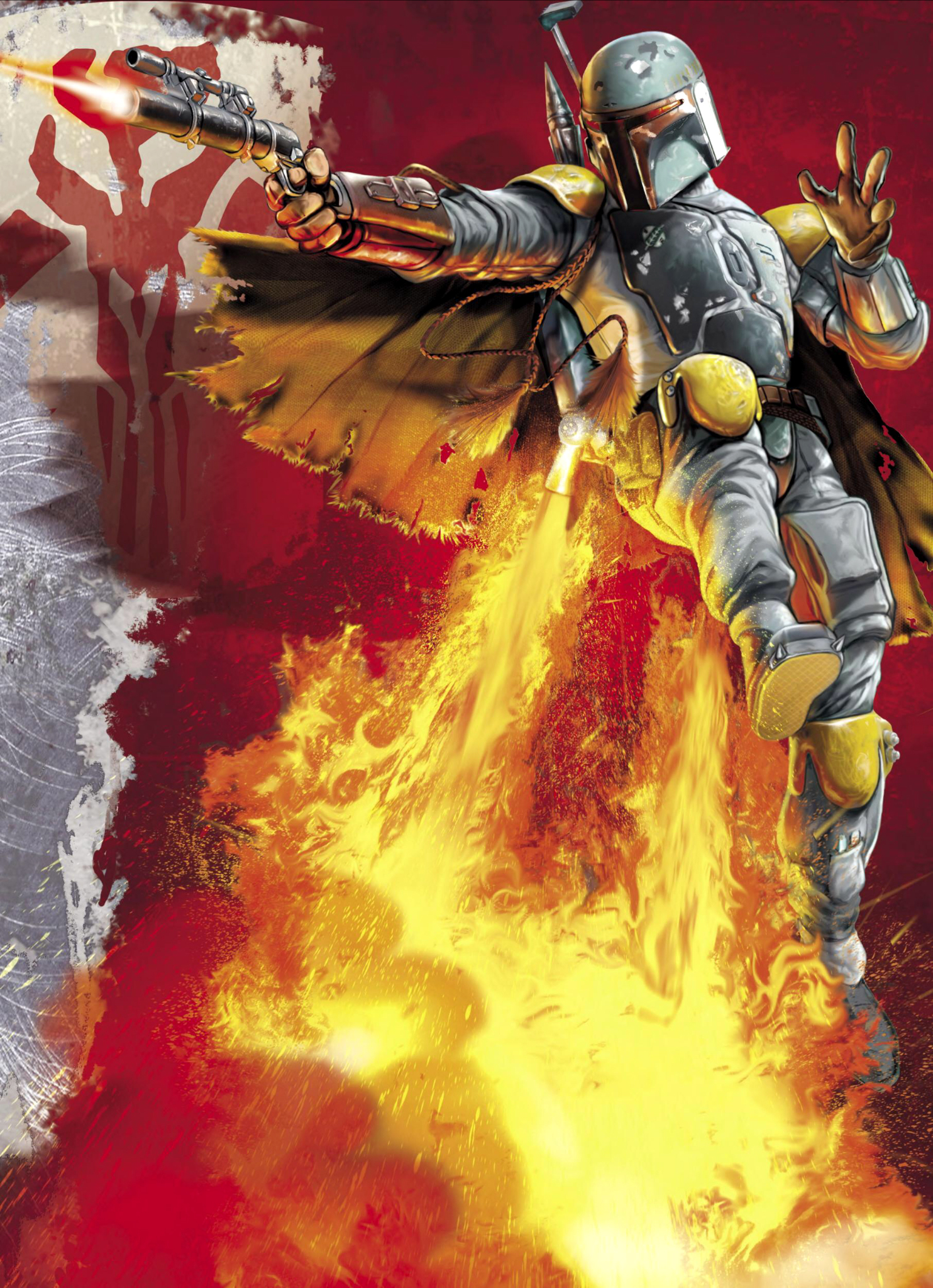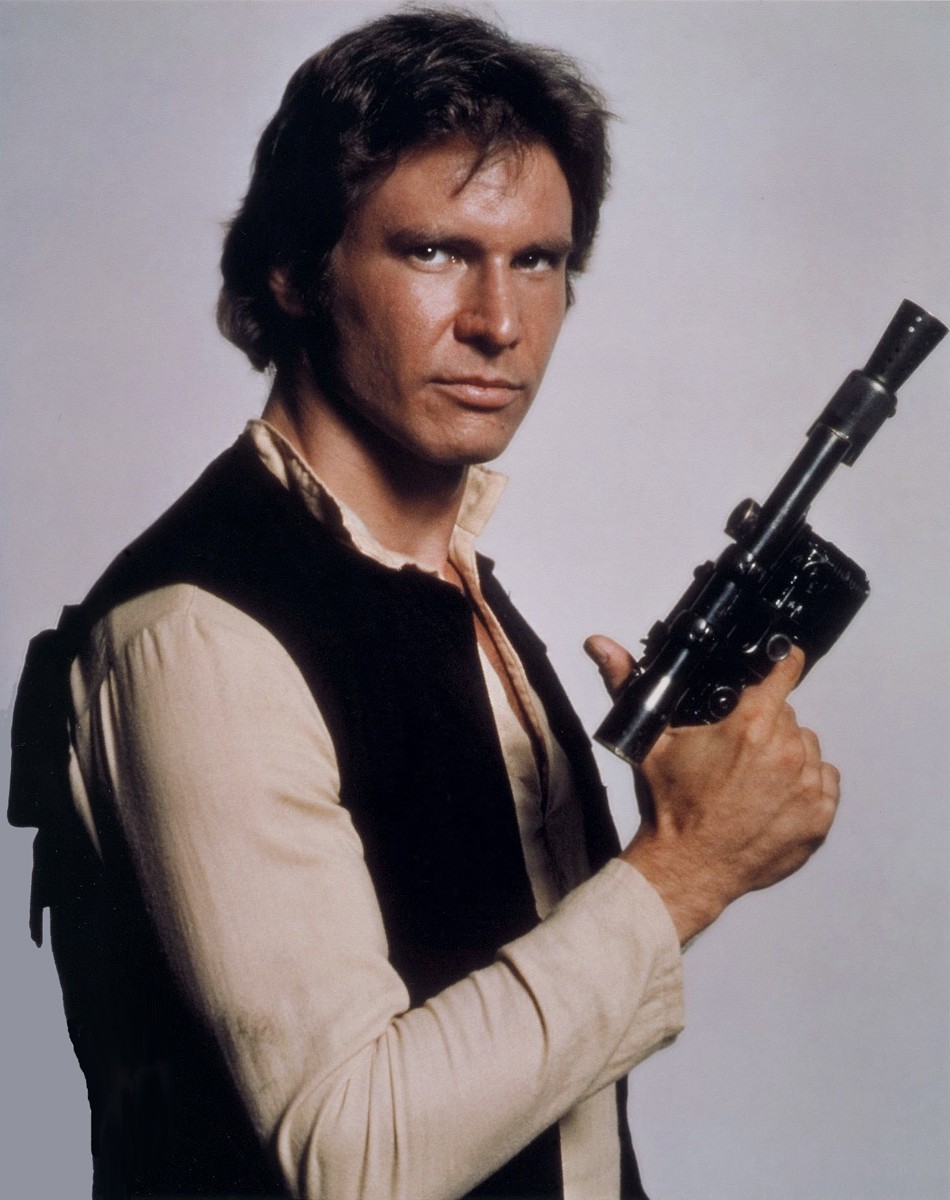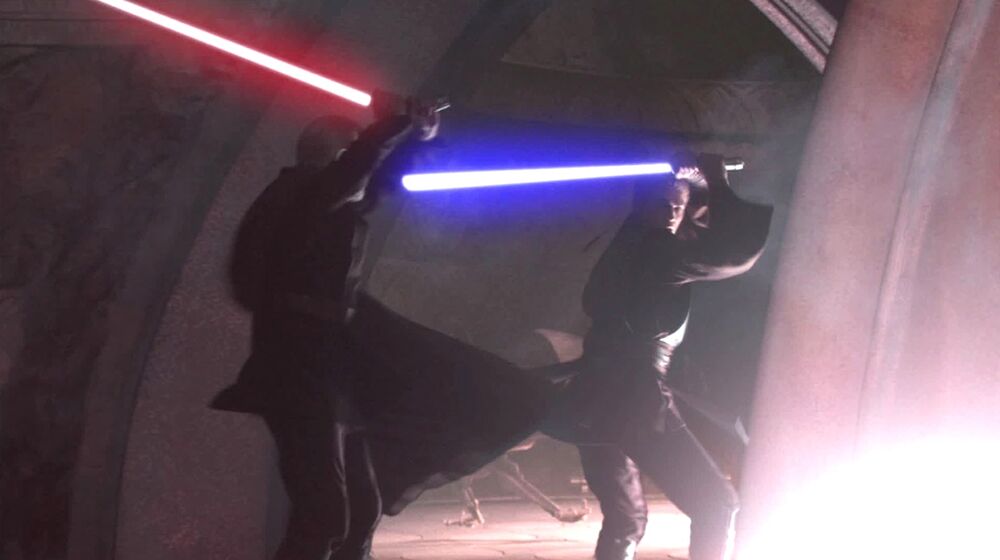"The following authors were of particular
inspiration to me. In some cases I cite specific works, in others, I
simply recommend all of their fantasy writing to you. From such sources,
as well as any other imaginative writing or screenplay, you will be
able to pluck kernels from which will grow the fruits of exciting
campaigns. Good reading!"
- Gary Gygax, AD&D Dungeon Master's Guide
The Advanced Dungeons & Dragons Dungeon Master's Guide had an appendix in the back simply referred to as Appendix N. From here, Gary Gygax talked about the works of fiction that inspired Dungeons and Dragons rules and game style.
I did not play Dungeons & Dragons at the beginning. I was introduced to the game during 4th Edition, and have been learning about the worlds and the lore while others have been studying it for decades. However, I have spent my entire life creating characters, wondrous lands and exotic adventures. Dungeons and Dragons became a great way for me to expand on those characters and places. In fact, Dungeons and Dragons was the game that I always wanted, but didn't even realize it existed, or what it could become.
Growing up, I had my own list of influences. I would like to share them. This is my Appendix N. Enjoy!
Star Wars
This one is pretty obvious, but I got into Star Wars back when I was 8 years old. I liked the vast number of aliens and characters, along with the mythology and how vast the galaxy really was.
In terms for D&D inspiration (and creativity in general), I was always liked creating large amounts of NPC's, each with different backstories and goals. You never knew who was going to be a major player, or who just had a interesting fact to present. One of the other great things was that all these little stories sooner or later seemed to tie into a larger plot and paint a bigger picture.
For a side note, I would highly recommend that Dungeon Master's watch some episodes of Star Wars: The Clone Wars to get a better understanding of how to pace a session. I've found that the typically best way for me to run a session is to plan for about 3 hours. In 3 hours, I introduce questions, intrigue and throw in some action. I always try to leave my group wanting more, and the Clone Wars TV series demonstrates all these lessons really well.
I've also looked to Star Wars as inspiration for characters I've created. While in high school, my friends and I wrote in notebooks. We would each create a character, and then write from that character's point of view, passing the notebook around and stitching together one large plot. My favorite character I created, Ragnarok Senzez, has now found his way into my D&D games (when I get to play), and has many traits of myself, as well as the Hero of the Republic himself, Anakin Skywalker.

 |
| I grew up as a Han Solo fan |
For a side note, I would highly recommend that Dungeon Master's watch some episodes of Star Wars: The Clone Wars to get a better understanding of how to pace a session. I've found that the typically best way for me to run a session is to plan for about 3 hours. In 3 hours, I introduce questions, intrigue and throw in some action. I always try to leave my group wanting more, and the Clone Wars TV series demonstrates all these lessons really well.
I've also looked to Star Wars as inspiration for characters I've created. While in high school, my friends and I wrote in notebooks. We would each create a character, and then write from that character's point of view, passing the notebook around and stitching together one large plot. My favorite character I created, Ragnarok Senzez, has now found his way into my D&D games (when I get to play), and has many traits of myself, as well as the Hero of the Republic himself, Anakin Skywalker.
 |
Of course, as time has gone on, my favorite character has to be Boba Fett. The guy just reeks mystery, and he has so many cool gadgets and his own code of honor that he just makes for a great character.

The Chronicles of Prydain
For those unfamiliar with these books, there are five of them, written by Lloyd Alexander. Their titles (and the order) are as follows:
- The Book of Three
- The Black Cauldron
- The Castle of Lyr
- Taran Wanderer
- The High King
The world in this book was big, but not so large it was incomprehensible. It introduced me to thinking outside of the box on some things (such as an oracular pig) to learning about sacrifice and storytelling. At some point, I think I need to re-read them all.
The Lord of the Rings
I'm sure that these books are on every D&D player's favorites (or at least they respect them). Gary Gygax put them on his list as well. I read them all before I was 12 (the movies hadn't even come out at that point), and I thought they were amazing. They weren't always easy, fast reads, but I respected Tolkien for a lot of what he conveyed/explained to his audiences. Tolkien was definitely a world builder, and he did a great job of it.
A lot of the monsters (the Nazgul, Shelob) were always able to create tension and I found them to be terrifying. You can go and read in my previous post about how Moria was the original dungeon crawl for me, and I loved it. Between these books and Star Wars, my imagination was already going pretty crazy.
 |
| Always wanted to play a character like this. Thanks to the DnDNext playtest, I plan on trying it out. |
Harry Potter
The coolest part about Harry Potter was the fact that I got to grow up with him. I started them when I was 10, and the last book came out the summer I graduated high school. Rowling does a great job of creating mysteries and making readers want to know the definite answer. I think this is a trait all DM's should look to emulate, as it is a necessary thing for storytellers to do.
There's really not too much else to say about Harry Potter, because everybody understands what makes it so remarkable. It's permeated into our culture.
For the record, Prisoner of Azkaban and Half-Blood Prince are my favorites.
Calvin and Hobbes
Readers are probably wondering what a comic about a boy and his stuffed tiger have to do with D&D, but as a middle schooler reading every volume, I can tell you that they had a strong pull on my own imagination. For Cavlin, monsters and foes were everywhere, and he was the hero to (sometimes) stop them. Sometimes there were foes he couldn't vanquish. And other times, it was just a funny, sarcastic comic that made me feel happy.
I don't think that reading Calvin and Hobbes will make you a better DM. However, the writing is good, and the characterization is amazing. We learn a lot about Cavlin, Hobbes, Calvin's parents, Susie Derkins, and the other repeating characters after just a few comics. For me, this always kept me coming back, since they were so entertaining. Bill Watterson (the author) was always looking for ways to branch out with his artwork, doing something abstract for one comic, then doing something else entirely for the next (not always, but if you've read enough of them, you know what I mean). As DM's (and just people in general), we shouldn't be afraid to jump out of the box every once in a while, just to see where it takes us.
While some of these may be pretty weak reasons for why Calvin and Hobbes helped my D&D games, I'm confident to say that I would be a much different/less imaginative person without them.

Redwall
A fantasy series about woodland creatures protecting their home and having adventures, these books always seemed to have interesting locations to explore. Redwall Abbey, for one, always seemed to have some new history or place that was being discovered, and the wider world in general possessed a ton of them. Salamandastron, Castle Marl, and even the lands in the far south made you really wonder how much Brian Jacques had created that he just wasn't letting the readers onto. As I read through (most) of the series, I began to see how the timeline would shift back and forth, and more information would open up/become apparent.
These books are kind of another thing that I don't know how they inspired me for D&D, but I know that they helped. I think mostly due to their heroic nature and noble characters, they made me want to tell my own stories or be one of those characters myself.
Marvel Comics
This one is kind of obvious, as most younglings get all into super heroes at some point. My personal favorite is Spider-man. Once again, the cast of characters is what I love about them, and the stories of the hero against the villains and saving the day. I spent a lot of time drawing these guys in middle school, and even more time making up stories about how I was really Spider-man and would go off saving my township at night.
The more stories I read, the more plotlines I saw developed, which really helped me understand how to craft stories/give plot twists. I've fallen out of the comics loop for a while now, mostly because I think that they are being overdone. However, there are still some classic stories that I love simply because I think they tell their stories very well.
On a side note, I think Marvel did a great job by setting up the Avengers movie. Genius.

Pokemon
This game has crazy replay value. It made me appreciate team work and team building. You could probably say the same thing about knowing your strengths and pulling your weight. Yes, I am stoked for White 2 and Black 2.

The Legend of Zelda
I've mentioned that I consider Moria to be the first "dungeon crawl" I loved. I think that was something of a lie, mostly because Zelda introduced me to the term dungeon. Looking at the game now, I see how much D&D stuff made its way into the game: collecting treasure, fighting monsters, etc. It was all there. I've always had a blast playing Zelda games, mostly because I loved solving the puzzles and rescuing the princess. I also always enjoyed having to collect 7 sacred items (or 5, etc) in order to complete the final task. I've tried putting such items into my games as well. The first time I did it, my players could've cared less. Sometimes those things always don't go well.
I believe that D&D games need more puzzles. Most DM's don't seem to want to use them. I think they make for some great dungeons and can create some interesting tension instead of just fighting a monster. I've been slowly trying to work more puzzles into my games, and this post makes me want to try even harder. Expect it.

I hope everybody enjoyed this blog. Feel free to leave me comments talking about your inspirations, and be sure to follow me on Twitter @artificeralf
Comments
Post a Comment